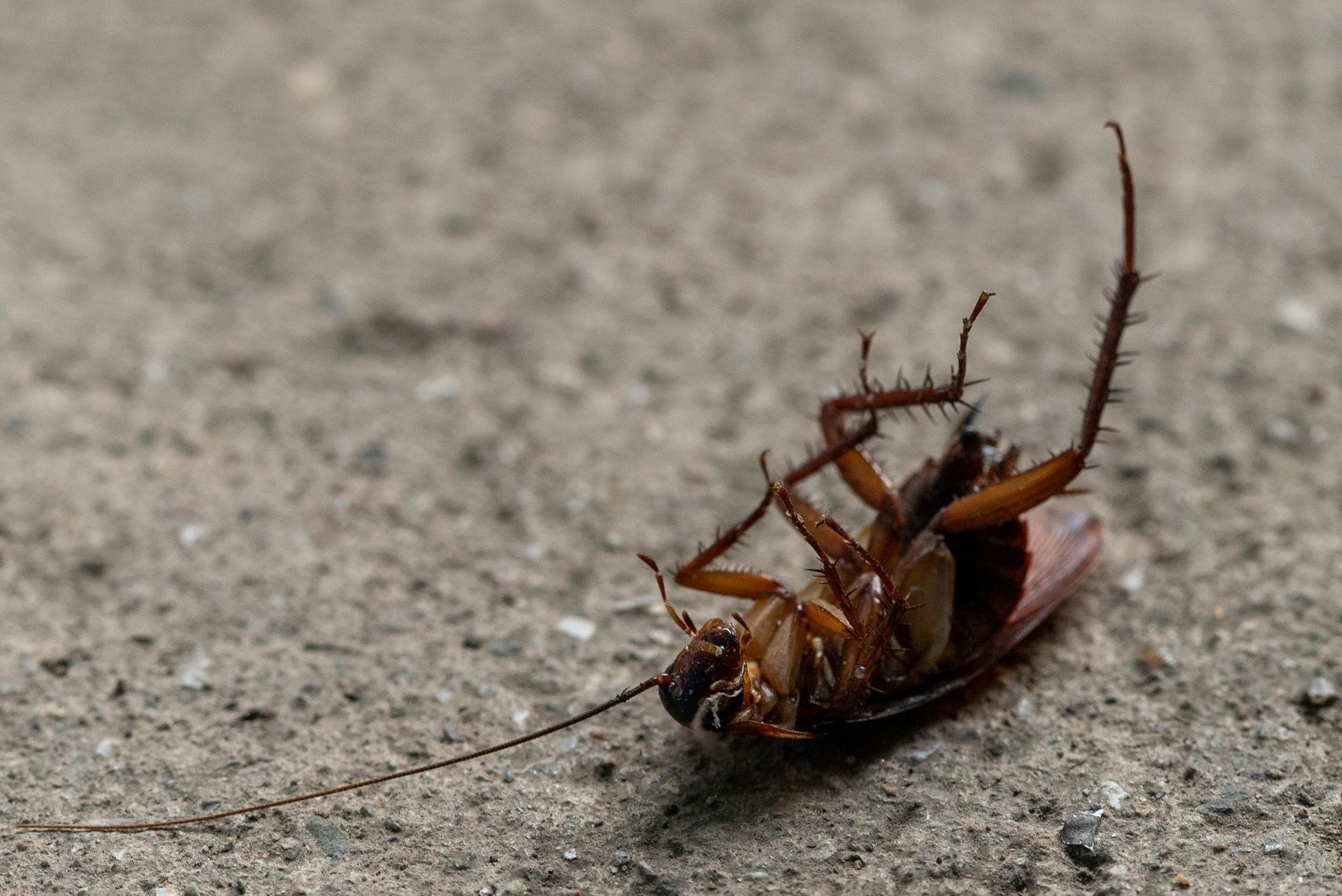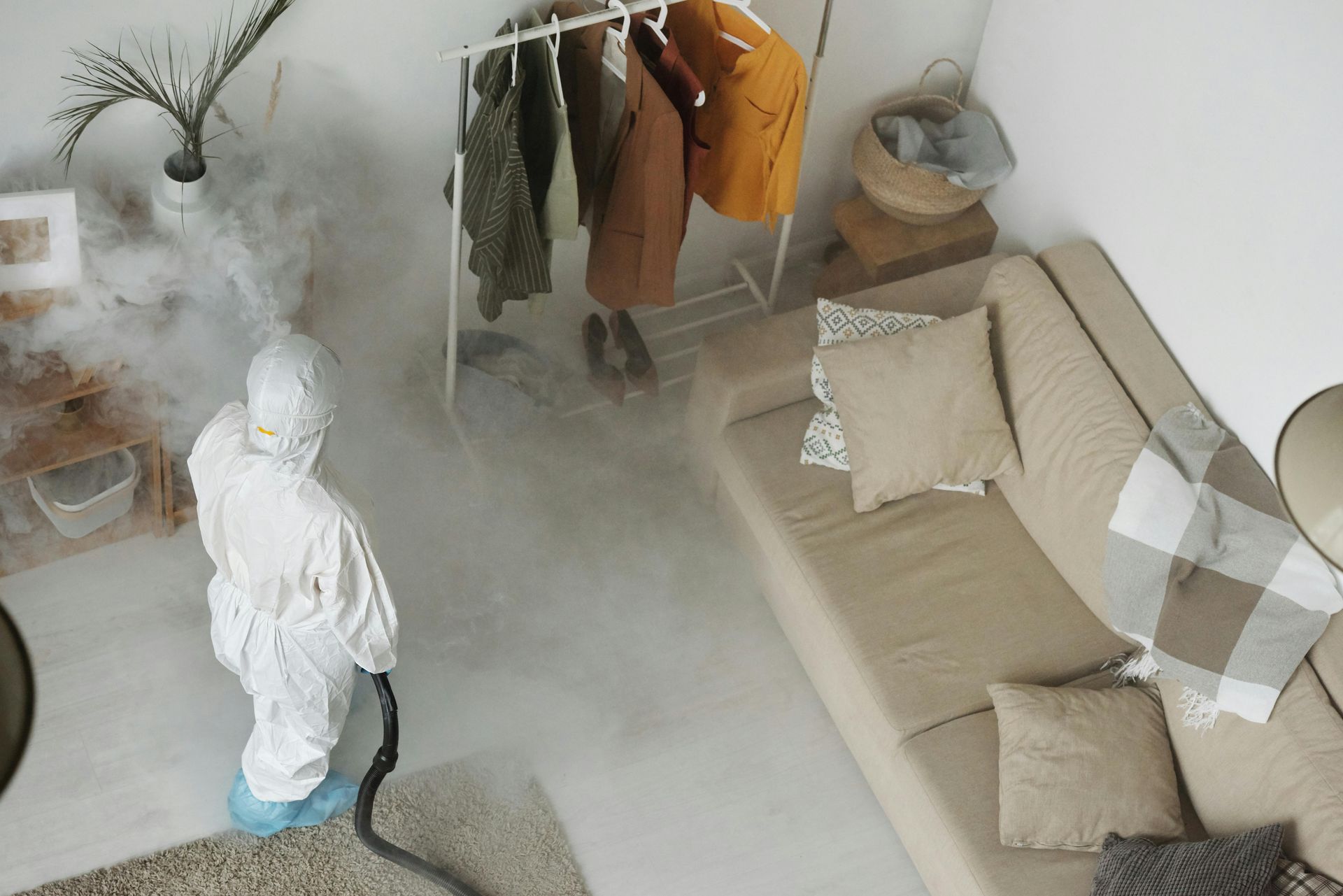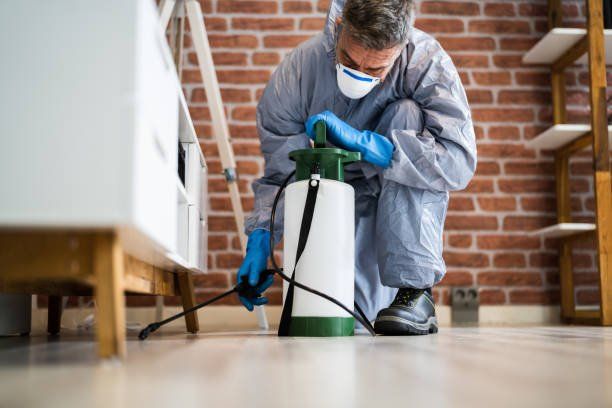The Silent Invaders: The Dreadful Reality of Bed Bugs
Everything You Should Know About Bedbugs
The tiny, predatory bugs known as bed bugs have made a dramatic comeback in recent years, invading homes and hotels, as well as workplaces and public transportation. These disgusting creatures lurk in dark corners and crevices, quietly inflicting horrible and, in some cases, severe discomfort, awkwardness, and even medical complications on their unsuspecting victims.
Bed bugs were once thought to be a thing of the past, but unfortunately, they seem to be making a comeback in recent years. They are now commonly found in all kinds of places, from homes and hotels to workplaces and public transportation. By understanding what bed bugs are and how to protect yourself from them, you can help stop their spread and the discomfort they cause.
What are Bed Bugs?
Bed bugs are small, wingless, nocturnal insects. They range in size from 4 to 8 mm in length and are typically reddish-brown in color. They feed on the blood of humans and other warm-blooded hosts, including cats, dogs, and birds, and they have become increasingly common in homes and buildings around the world.
Bed bugs are believed to be most active at night, although they can be found during the day in dark, quiet places like sheets, crevices in mattresses and furniture, behind baseboards and wallpaper, and in clothing and other items that might be partially near a person. Bed bugs can also travel through clothing and luggage, so it’s very important to inspect anything that might be brought into or taken in from elsewhere. A bed bug infestation usually starts out small and then quickly spreads, leading to hundreds of bed bugs in a single area. If a proper inspection is not conducted and the problem is left untreated, a severe infestation can make living in the area nearly impossible.
How Do Bed Bugs Spread?
Bed bugs are excellent hitchhikers, able to move quickly on clothing, furniture, and even people. They will often spread from one place to another on items such as bedding, furniture, and clothing. They can also be spread through direct contact with infested items or people who have been in contact with infested items. Bed bugs can also spread through cracks and crevices in walls, floors, and furnishings.
Bed bugs have strong survival instincts, allowing them to move from one location to another and even across entire apartment complexes. They can squeeze through electrical wiring and plumbing fixtures. With the help of their flat bodies, they can hide in tight spaces and even take shelter inside electronic devices. Bed bugs can easily move from one home to another and even from one apartment complex to another. They can also spread through public areas, hotels, motels, hospitals, and transportation vehicles.
Identifying Bed Bug Bites
Bed bug bites are usually painless, although they may be itchy and irritating in some people. It is not uncommon for the reaction to manifest some hours after the bite has occurred. A bed bug bite usually looks like a small, flat red or pink spot with a darker red center. The bite may also appear swollen and be surrounded by a darker red color.
Bed bugs can also cause a number of other symptoms, including skin rashes, psychological effects, and allergic reactions. People allergic to the bites may have even more serious reactions, such as anaphylaxis. If you think you have been bitten by a bed bug, it is important to clean the area thoroughly with soap and water and then apply an antiseptic cream or ointment to avoid any further irritation or infection.
Are Bed Bugs Dangerous?
Though bed bugs are not known to transmit diseases to humans, their bites can cause skin irritation. For those who are allergic to the bite, the irritation can be more severe, even leading to anaphylaxis. Bed bugs can also cause psychological distress, embarrassment, and anxiety, which can in turn lead to social isolation and difficulty at work.
In addition to the discomfort caused by their bites, bedbugs leave behind a range of physical and emotional health problems. From itchy skin and rashes to anxiety and depression, their presence can have a real impact on an individual’s well-being. Some people find that their presence can cause insomnia, which can have a negative impact on overall health.
How Can I Protect Myself from Bed Bugs?
The key to protecting yourself from bed bugs is to prevent them from entering your home or workplace in the first place. Thoroughly inspect used furniture and clothing before bringing them inside, and be sure to inspect hotel beds and furniture for tell-tale signs of bedbugs. To further protect yourself from bed bugs, keep clutter to a minimum and vacuum regularly to remove any potential hiding spots. Wash bedding and any other fabrics that could harbor bedbugs in hot water, and avoid bringing second-hand clothing and furniture into your home. Properly cleaning, storing, and handling these items can help to avoid introducing bed bugs into your home.
Bed bug infestations can be difficult to get rid of, but with a little knowledge and preventive measures, you can keep them away. By following the tips outlined above, you can make sure your home is a bed bug-free zone.
Dealing with bed bugs can be a difficult and stressful process. If you suspect that you have bed bugs in your home, contact a licensed pest professional company like Eyring Pest Control to assess the situation and provide you with the appropriate treatment measures. Eyring Pest Control is a reliable and trusted company that can assess the situation in your home and provide you with the best treatment to get rid of bed bugs.
Ultimately, it's important to be proactive and take the necessary precautions to ensure your home is free of these unwelcome pests. By seeking help from Eyring Pest Control, you can rest assured that you're receiving the best treatment and information to protect your home and all those who inhabit it. With professional help, you can take back control of your home and have peace of mind knowing that the bed bugs are gone for good. Contact Eyring Pest Control at
385-290-9782.



